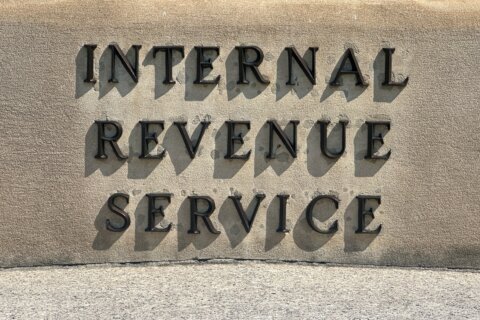Procrastination happens when you don’t feel motivated to complete a task, so you continue pushing it back for as long as possible. You may come up with excuses to wait on getting started.
While procrastination may seem harmless, putting key projects on the back burner and underdelivering on your company’s or clients’ needs can hurt your career over time.
[How Often Should You Switch Jobs?]
Occasionally putting a pause on your forward momentum at work may not be a big deal. The problem starts once this becomes a habit since your boss and colleagues may notice and your performance may suffer. Procrastination can result in negative consequences, including:
— Causing you to miss deadlines.
— Resulting in a failure to complete tasks that are assigned to you.
— Branding you as a poor performer.
How can you recognize whether you’re falling into procrastination habits that may hurt your work performance? Here are the signs of procrastination and strategies to combat this workplace issue.
[READ: What Imposter Syndrome Is — and How to Overcome It]
3 Red Flags That You’re Procrastinating Too Much
If you’re unsure whether you’re taking a healthy break from your duties or getting led off-track by procrastinating behaviors, here are four signs to watch for and avoid:
Project Avoidance
If you keep finding ways to avoid working on a key project, you may be procrastinating. Are you compulsively checking social media feeds to distract yourself from your to-do list, texting a friend rather than starting a report, or deciding to throw in a load of laundry instead of calling a client? These types of questionable decisions are classic for procrastinators.
Last-Minute Scrambles
When you’re always running out of time to meet deadlines and working in a panicked rush, you’re likely a procrastinator. Are you always scrambling at the last minute to get your assignments done and turn work in when it’s due? If you continuously cut yourself short on the hours required to do the job right, you’re procrastinating.
Persistent Reminders
If your boss and co-workers are constantly sending you reminders, you’re probably procrastinating too often. If you’re not getting things handed off to your colleagues when they expect them, chances are that procrastination is to blame.
Constant Distractions
When you’re procrastinating, cleaning may suddenly seem really interesting. If you’d rather do almost anything than the urgent work in front of you — including tedious tasks such as tidying your office or setting up a new organization system — you might be falling into a procrastination trap.
[READ: 3 Steps to Change Your Career at Any Age]
3 Strategies to Overcome Procrastination
If these procrastination red flags sound like you, you need solutions to turn things around. These three strategies can help you nip the bad habit in the bud.
Plan Around Your Projects
Without proper planning, you may be distracted by the latest shiny object and led away from the tasks you should be working on first. By planning your day and prioritizing what needs to be completed, you can keep yourself from succumbing to procrastination.
Time-Block Your Calendar
Keep yourself honest by scheduling specific hours to work on your projects, just like you’d schedule other important appointments and commitments. Use the time-blocking method — which involves dividing your day up by tasks and blocking out the hours required for each task on your calendar — to ensure that the projects you’re likely to procrastinate get scheduled.
Stow Away Distractions
When people procrastinate on one thing, they often do so by busying themselves with another. If you have specific temptations, such as your smartphone or sugary snacks, remove them from your desk or work area to avoid getting hooked. If personal email, texting or social media are among your vices, close the programs and apps when it’s time to do your work.
If your job is important to you and you want to succeed, it’s critical to quash your procrastination habit before it damages your professional life. Be alert for signs that you’re putting things off for too long and take quick action to overcome the urge to procrastinate before it hurts your work performance.
More from U.S. News
How to Achieve Work-Life Balance
The Best Companies for Work-Life Balance
Work-Life Balance Tips When Your Home Is Your Office
Signs of Procrastination at Work and How to Stop originally appeared on usnews.com
Update 11/03/23: This story was published at an earlier date and has been updated with new information.







